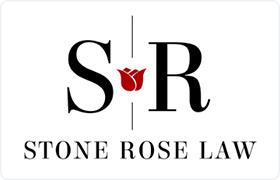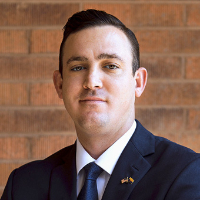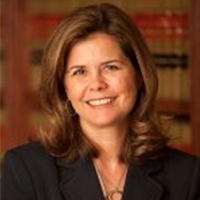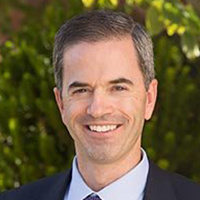 Phoenix White Collar Crime Lawyers, Arizona
Phoenix White Collar Crime Lawyers, Arizona
Sponsored Law Firm
-
 x
x

Click For More Info:
-
Stone Rose Law
8010 E McDowell Road Suite 105 Scottsdale, AZ 85257» view mapCriminal Defense High-Quality & Affordable Representation
If you have been charged with a crime, you need experienced representation from a Phoenix criminal lawyer at Stone Rose Law.
800-964-0510
Sponsored Lawyers
1-10 of 13 matches
Criminal, DUI-DWI, White Collar Crime, Felony, Misdemeanor
Kristen Curry has been certified as a Criminal Law Specialist through the State Bar of Arizona for the past 25 years and has extensive jury trial and litigation experience. Kristen handles criminal cases, including both felony and misdemeanor matters, DUI cases, criminal appeals and post-conviction relief. Since 1998, Kristen has been teaching other attorneys statewide how to effectively challenge illegal searches in criminal cases. Her written materials on the subject have also been provided to Superior Court judges during judicial training. Kristen, along with the firm, has been given the highest rating by her legal peers, AV, in the Martindale-Hubbell national legal directory. In addition, Kristen is listed in the Bar Register of Preeminent Lawyers. The Bar Register is a unique guide to the legal community's most eminent professionals. It includes only those select law practices that have earned the highest rating (AV) in the Martindale-Hubbell® Law Directory and that have been designated by their colleagues as preeminent in their field. Kristen has been named as a Southwest Superlawyer and is listed in the National Trial Lawyers: Top 100 Lawyers for Arizona. In her spare time, Kristen enjoys singing rock-n-roll with her band, traveling, playing pickleball and golf, and spending time with her family. She was raised in Arizona and attended Moon Valley High School. She earned her law degree from University of Arizona in 1993.
(more)Criminal, Felony, White Collar Crime, Juvenile Law, Misdemeanor
Jeremy earned his undergraduate degree from the Marriott School of Management at Brigham Young University in 1998. He then attended Pepperdine University and graduated from the Graziadio School of Business Management in 2001 and from Pepperdine University Law School in 2002. In 2003, Jeremy received a Certificate of Dispute Resolution from the Straus Institute for Dispute Resolution at Pepperdine University. Legal Experience Jeremy is a member of the Arizona State Bar Association and has served as secretary for the Dispute Resolution Section. He is also a member of the American Association of Premier DUI Attorneys and the National Association of Distinguished Counsel. He was also named a Super Lawyer in Arizona. Jeremy’s Criminal Defense practice helps clients facing charges like criminal speeding, possession of marijuana, DUI, domestic violence, and more. You can learn more about his DUI services at MesaDUIAttorneys.com.
(more)


 Steven Scharboneau Scottsdale, AZ
Steven Scharboneau Scottsdale, AZ Practice AreasExpertise
Practice AreasExpertise


